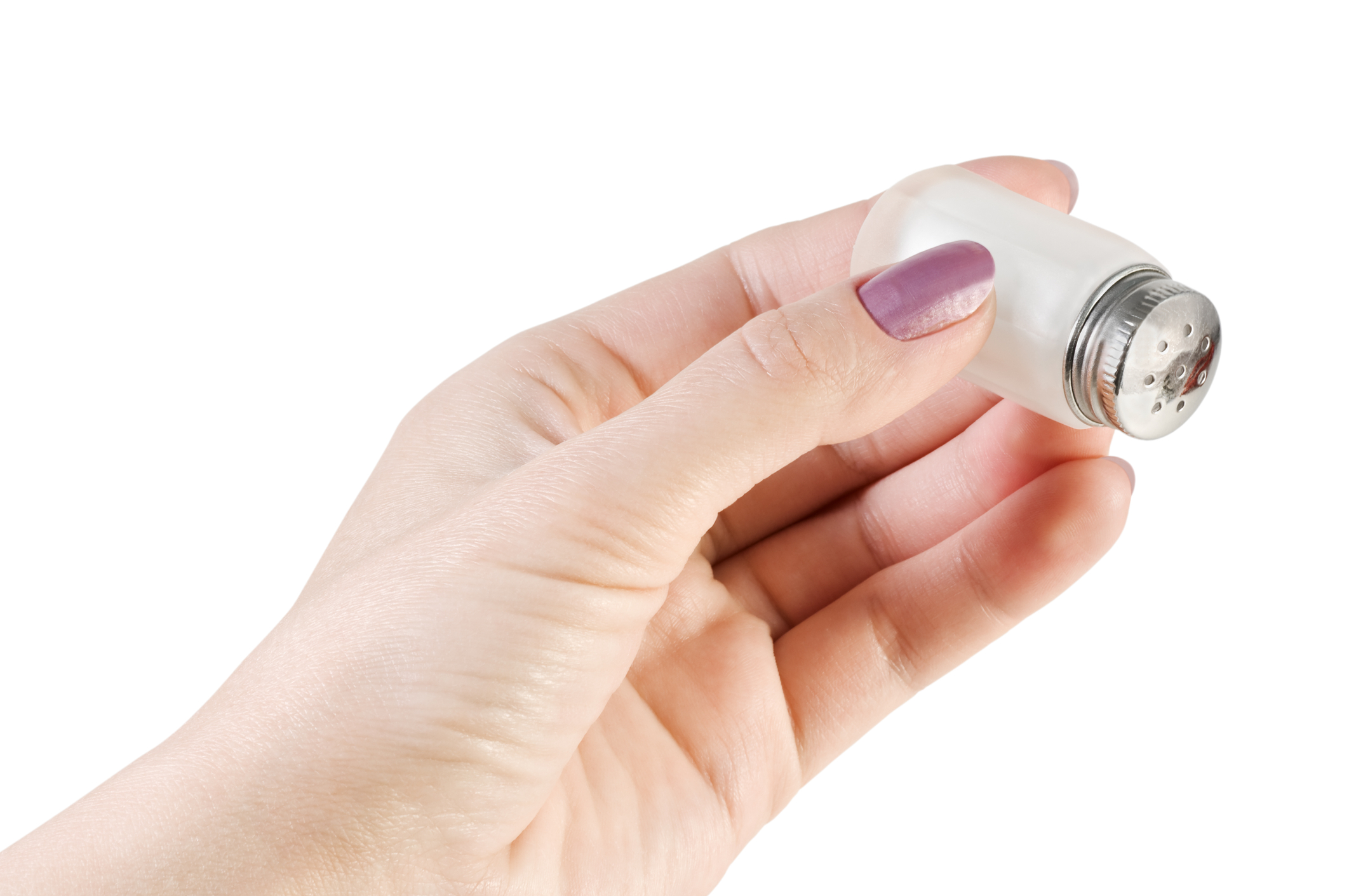
You may have heard people talking about electrolytes when discussing physical activities. Many advertisements refer to them when promoting the benefits of sports drinks or other infused beverages. Electrolytes are not only necessary for working out, but people on the keto diet should keep an eye on their levels in order to feel their best and maintain good body function.
While the keto diet is healthy and nutritionally complete, carbohydrate restriction does result in the body processing electrolytes differently. As carb intake reduces and blood insulin levels begin to lower, more sodium is released from the body. Therefore, the keto diet usually requires the extra consumption of enough sources of electrolytes to maintain a healthy balance. Otherwise, they may suffer from some ill-effects such as fatigue, muscle cramps, headaches and even heart palpitations, also known as the keto flu.
What Are Electrolytes?
The electrolytes that are the most important in nutrition are sodium, potassium, calcium, magnesium, and phosphate. In a nutshell, an electrolyte is an essential mineral that transmits electricity when it mixes with water. When it comes to nutrition, electrolytes help regulate nerve and muscle function in the body. Electrolytes also keep you hydrated and aid the body in rebuilding damaged tissue.
These minerals are found in the tissue, blood, and other bodily fluids. Bicarbonate, calcium, sodium, and magnesium are some forms of electrolytes. Each one offers multiple benefits to the body.
Multiple body functions require different types of electrolytes. For example, your muscles need a well-balanced amount of calcium, sodium, and potassium to contract. Too much or too little of an electrolyte can cause an imbalance, which may lead to negative health effects.
Great Sources of Electrolytes
If you are considering going on a keto diet, you must get enough key electrolytes. You will need to focus on sodium, potassium, and magnesium.
Make sure that you are drinking enough fluids as well. Try to aim for at least two liters a day, and beverages should be unsweetened and caffeine-free. Examples include water, herbal tea, and broths. Bone broths are excellent sources of electrolytes and other health promoting compounds!
Sodium
Sodium is essential for normal cell function and fluid balance. With the keto diet, the recommended daily intake should be between 3000 mg to 5000 mg. Great keto-friendly sources of sodium include:
- Salt. One tablespoon contains 2300 mg of sodium.
- Beef. Two ounces will give you 640 mg.
- Olives. 1/2 cup contains 500 mg of sodium.
- Bone broth and unsweetened coconut water are other sources of the mineral.
Potassium
Potassium helps regulate the heart, and it filters out waste from the cell while retaining nutrients. Adults should receive roughly 2600 mg to 3400 mg a day. Sources for potassium include various nuts, seeds, animal proteins, and non-starchy, low-carb vegetables.
Examples are:
- Broccoli: 560 mg per cup
- Spinach: 335 mg per 2 cups
- Chicken: 330 mg in 3 ounces
- Cashews: 190mg per ¼ cup
- Avocado:1,000 mg per large avocado
- Swiss chard: cooked 950 mg per cup
- Mushrooms: cooked 550 mg per cup
- Brussels sprouts: 500 mg per cup
- Salmon: 430–500 mg per 4 ounces
- Red Meat: 400–500 mg per 4 ounces
- Flounder: 400 mg per 4 ounces
- Artichoke: 345 mg per medium artichoke
- Hemp seeds: 335 mg per ounce
- Almonds: 200 mg per ounce
Magnesium
Magnesium is responsible for normal nerve and muscle function and almost 50% of the U.S. population does not meet the daily magnesium recommendation. It also supports your immune system, helps lower blood pressure, reduce headaches, strengthens bones, and promotes relaxation and sleep. While requirements vary based on age, adults typically need a daily intake of 300 to 600 mg. It can be difficult to get enough in our diet naturally, so supplementing with magnesium is often recommended.
There are different types of magnesium that have slightly different benefits. For example, when treating constipation we recommend magnesium citrate, which comes in pill, powder, or liquid form. For folks without any trouble moving their bowels regularly, magnesium glycinate may be better as it has all the benefits of magnesium without the laxative effect. Dietary sources of magnesium include:
- Hemp seeds: 195 mg per ounce
- Swiss chard: cooked 150 mg per cup
- Pumpkin seeds: dried 150 mg per ounce
- Mackerel: 105 mg per 4 ounces
- Chia seeds:95 mg per ounce
- Dark chocolate (70–85% cacao): 70–90 mg per ounce
- Almonds: 75 mg per ounce
- Spinach: cooked 75 mg per cup
- Pine nuts: 70 mg per ounce
- Avocado: 60 mg per large avocado
- Artichoke: 50 mg per medium artichoke
Electrolytes Are Necessary for the Keto Diet
It is critical for people on a keto diet to get enough electrolytes. The diet essentially involves reducing carbohydrates from the menu. As a result, the body produces less insulin, and glycogen stores will get emptied and more sodium is expelled.
The empty glycogen stores mean that the body will get rid of more water through sweat and urine instead of retaining it. While it helps lower your water weight, the process can cause you to lose electrolytes more than usual.
If you’re finding yourself having a difficult time consuming enough electrolytes through your diet alone, you may need to consider taking a high quality supplement. We are huge fans of the supplement line, Metagenics. Metagenics is a top of the line supplement brand that offers pharmaceutical grade nutritional products for consumers. We even take them ourselves! You can stop by our offices during normal business hours or shop Metagenics online here.

